ELTE Research Centre for the Humanities | 1097 Budapest, Tóth Kálmán utca 4. | HU15854939

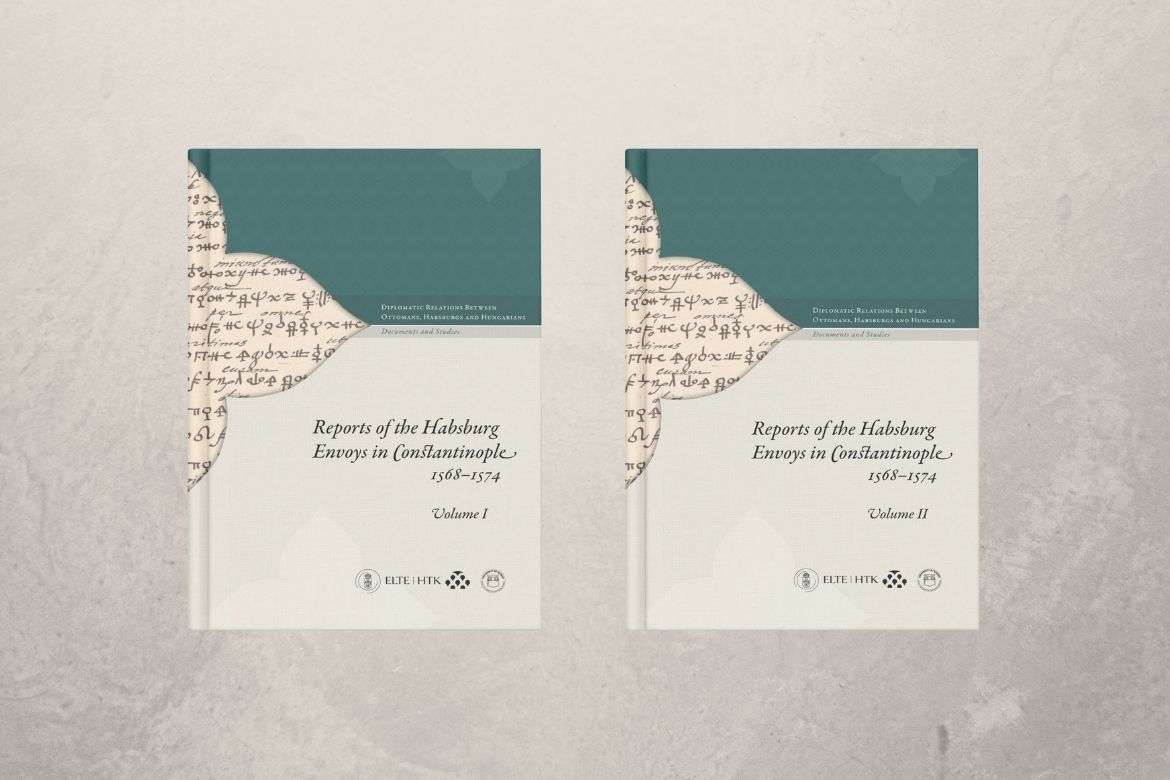
Edited by István Fazekas, Pál Fodor and László Glück Reports of the Habsburg Envoys in Constantinople, 1568–1574, Vols. I–II, is published as part of the series Diplomatic Relations Between Ottomans, Habsburgs and Hungarians – Documents and Studies.
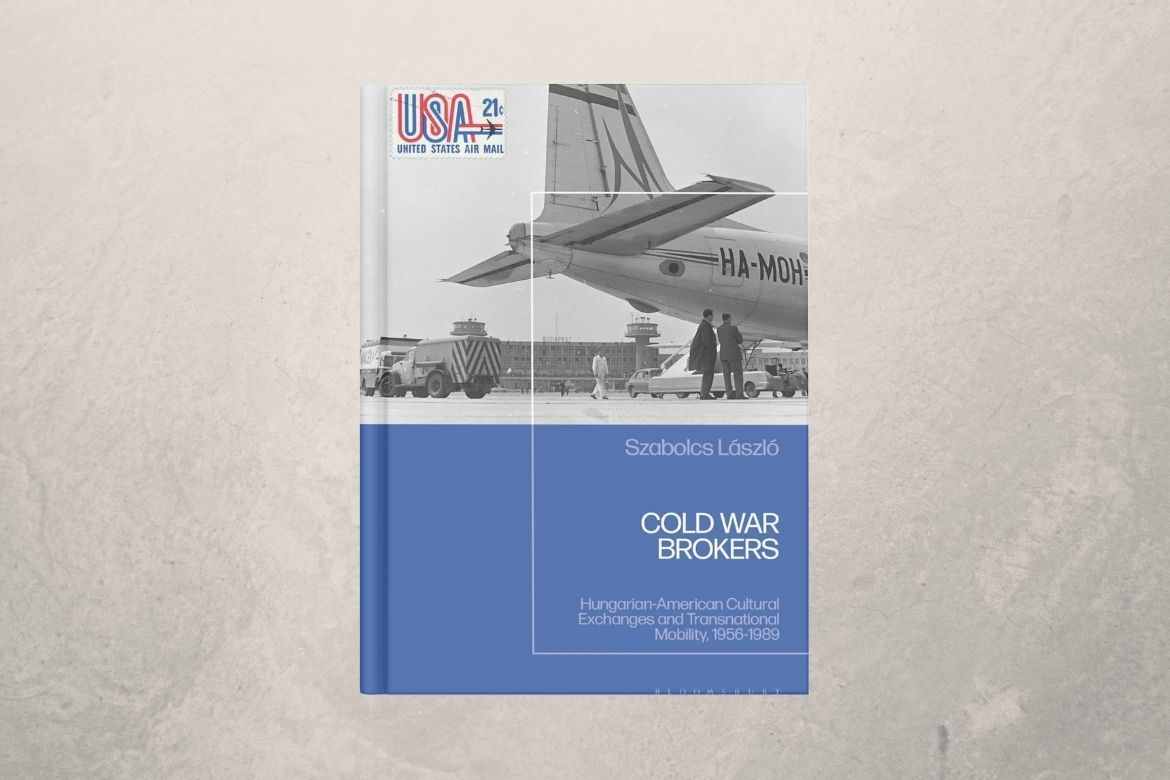
A new English-language monograph by Szabolcs László was published by Bloomsbury Academic under the title Cold War Brokers: Hungarian-American Cultural Exchanges and Transnational Mobility, 1956-1989.
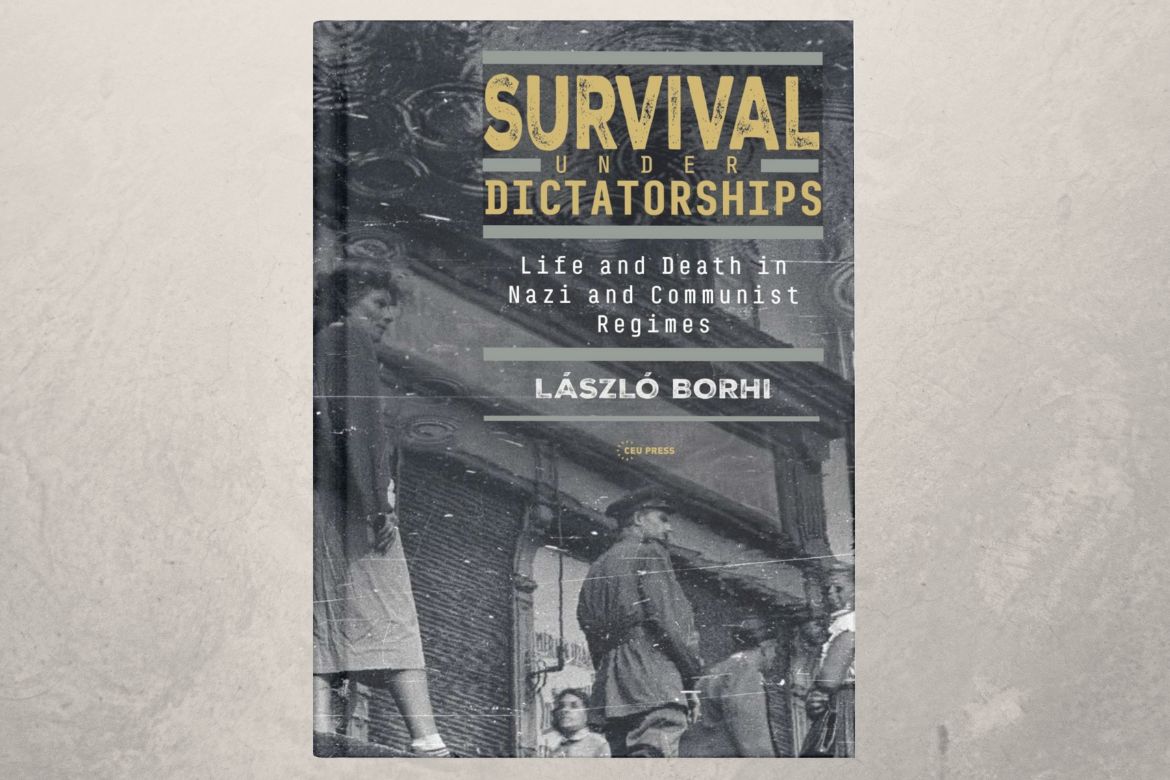
On December 22, 2025, an interview was conducted with László Borhi for the podcast Dialogues in Holocaust Studies and the Second World War. In the episode, Borhi spoke with Ari Barbalat about his 2024 monograph Survival Under Dictatorships: Life and Death in Nazi and Communist Regimes.
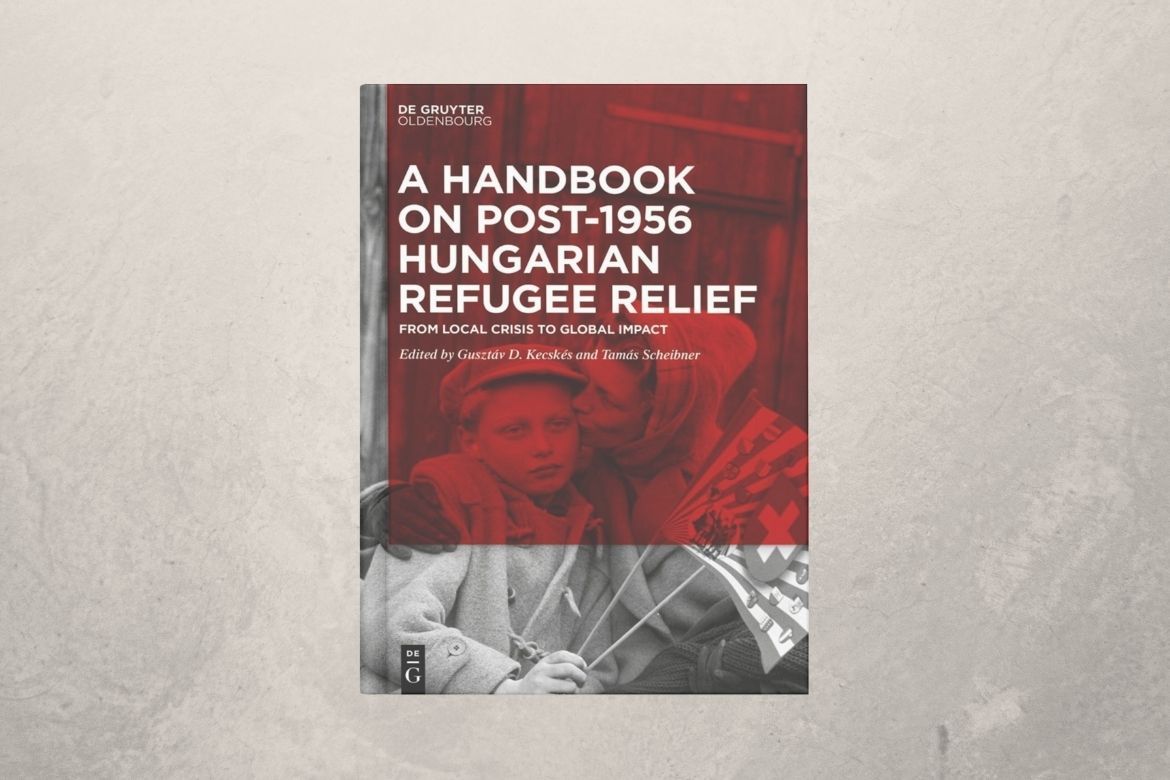
A Handbook on Post-1956 Hungarian Refugee Relief: From Local Crisis to Global Impact (De Gruyter Oldenbourg, 2026) has recently been published. The volume is edited by Gusztáv D. Kecskés and Tamás Scheibner, both affiliated with the Institute of History.
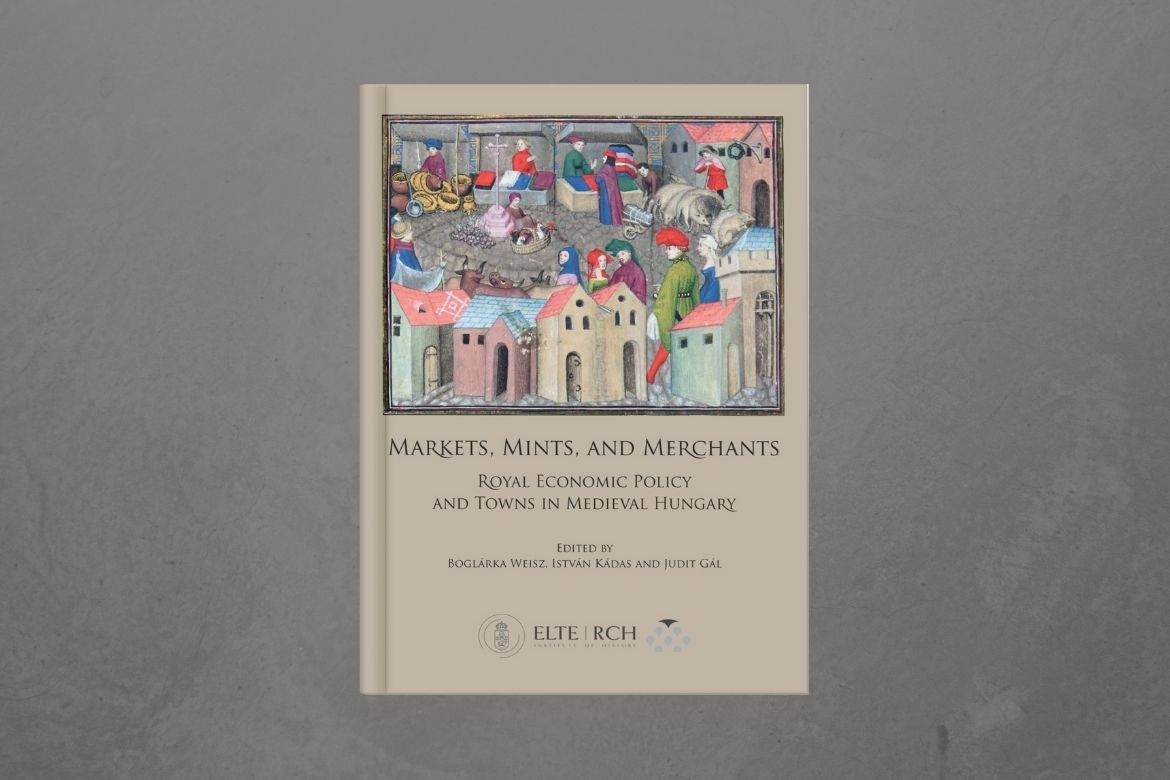
The objective of the present volume is to provide a representative overview of the research undertaken by the Medieval Hungarian Economic History Research Group since its establishment in 2015.
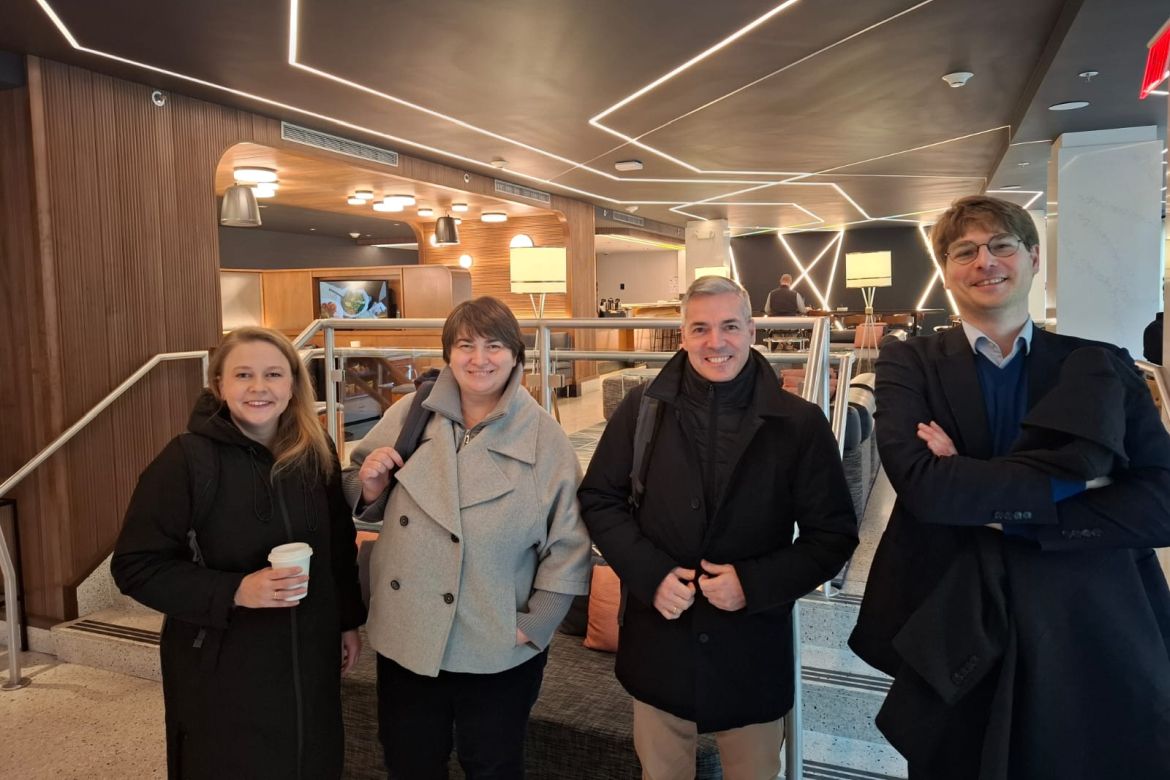
Between October 20 and 23, the Association for Slavic, East European, and Eurasian Studies held its 57th annual convention in Washington, D.C. This year’s lectures, panels, roundtable discussions, and book presentations explored various aspects of the event’s main theme, “Memory.”

Béla Vilmos Mihalik, Senior Research Fellow and Scientific Secretary of the Institute of History at ELTE RCH, and Assistant Professor at the Department of Auxiliary Sciences of History, ELTE Faculty of Humanities, has been awarded the prestigious Consolidator Grant of the European Research Council (ERC).
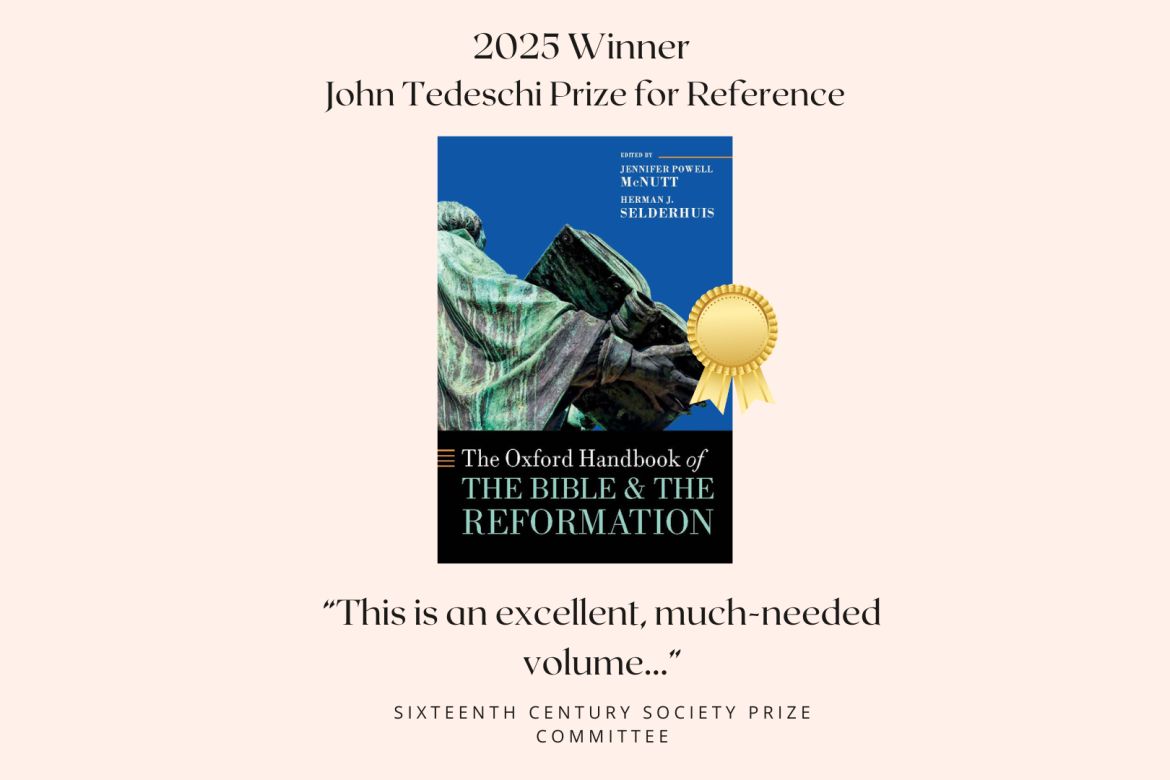
The new Oxford handbook (The Bible and the Reformation), compiled with the collaboration of our senior researcher, Pál Ács, has won the prestigious John Tedeschi Prize from the Sixteenth Century Society. The award recognizes the best reference book.
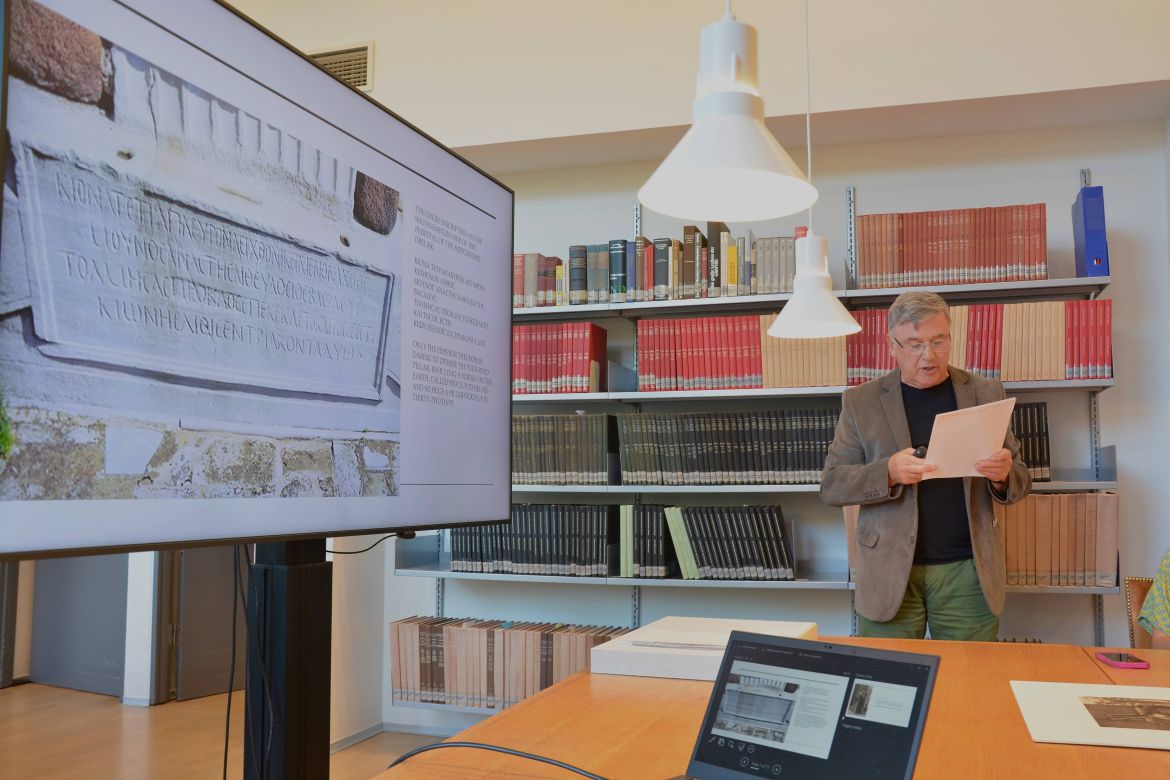
Our senior researcher, Pál Ács, gave a presentation at a prestigious international conference. The event was held in Copenhagen, at the National Gallery of Denmark, and focused on the life and work of Melchior Lorck, a versatile Danish Renaissance artist. Lorck is best known for his works depicting life in sixteenth-century Constantinople.
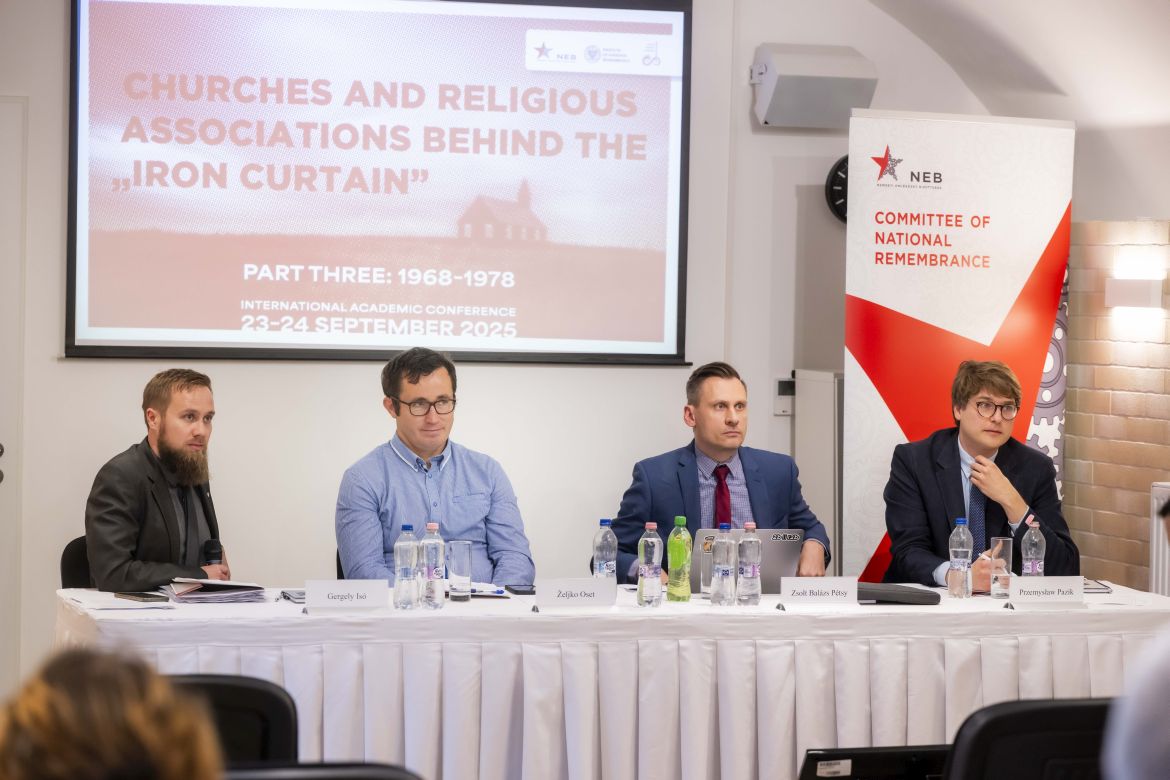
With its partner institutions in Poland and Slovakia, the Committee of National Remembrance of Hungary (NEB) organized the third part of the conference series “Churches and Religious Associations Behind the ‘Iron Curtain’”.
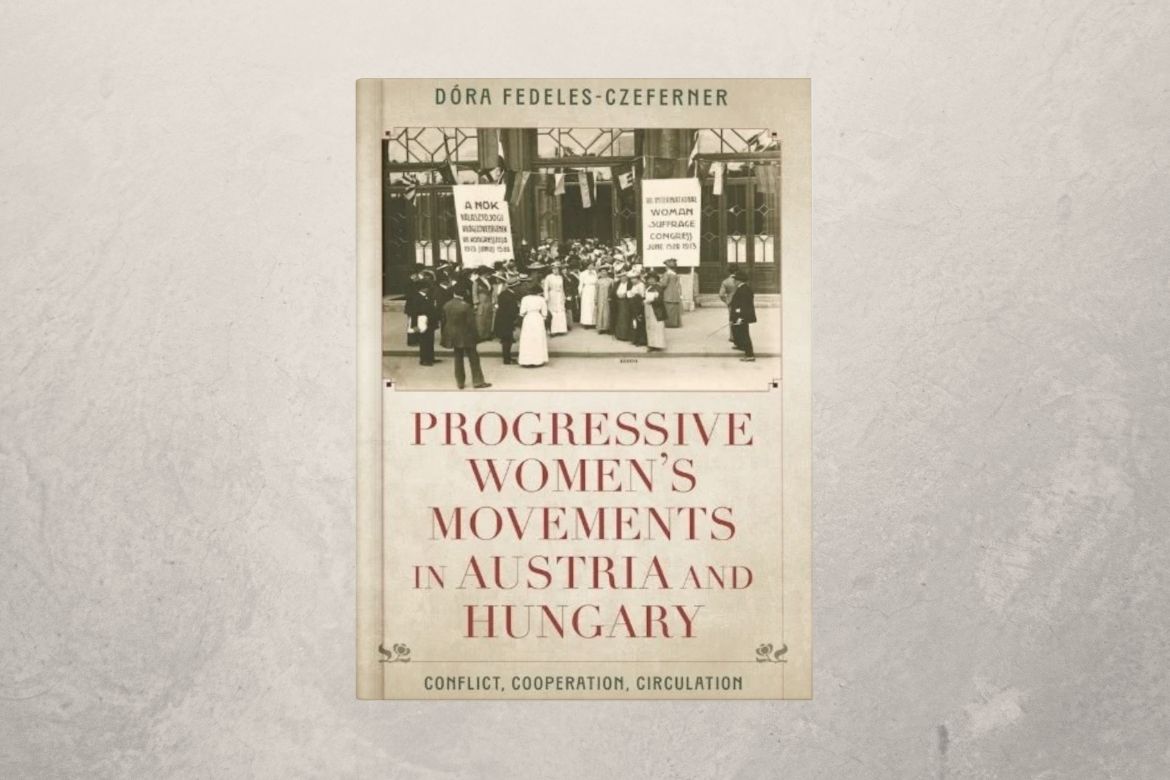
A new English-language monograph by Dóra Fedeles-Czeferner has just been published by Indiana University Press under the title Progressive Women’s Movements in Austria and Hungary. Conflict, Cooperation, Circulation.
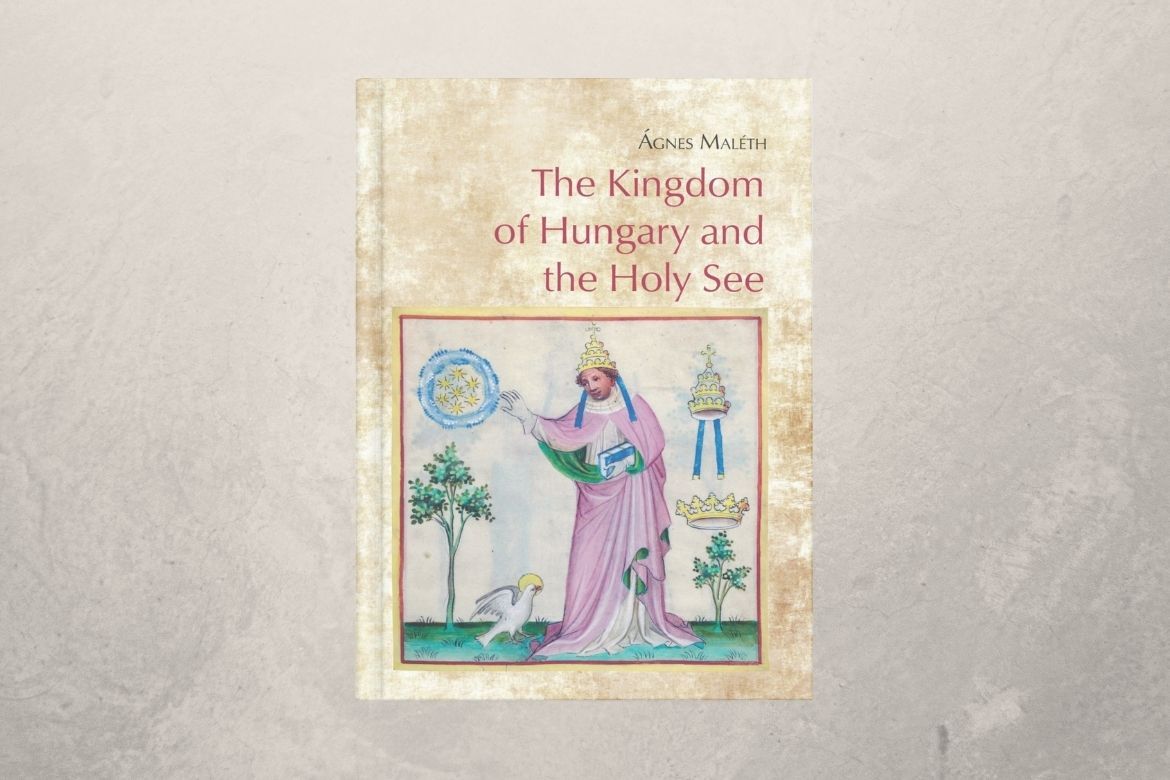
Ágnes Maléth's book The Kingdom of Hungary and the Holy See - Relations in the time of Charles I (1301-1342), published by the HUN-REN Research Centre for the Humanities, is the 19th volume of the Arpadiana series.
You can find our previous articles in the News Archive.